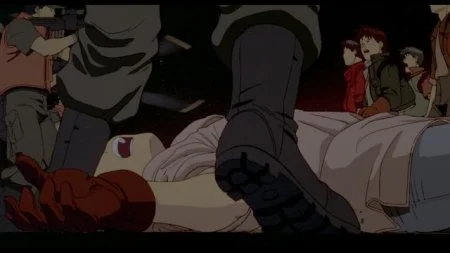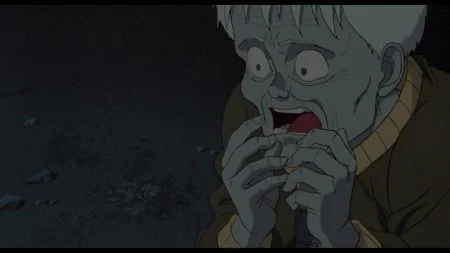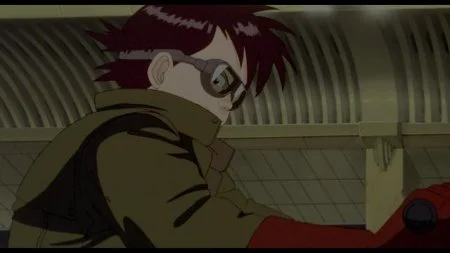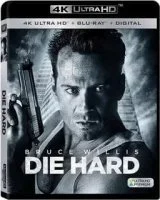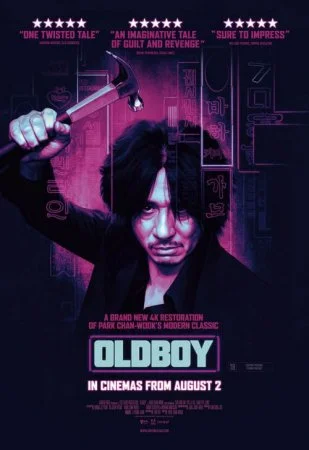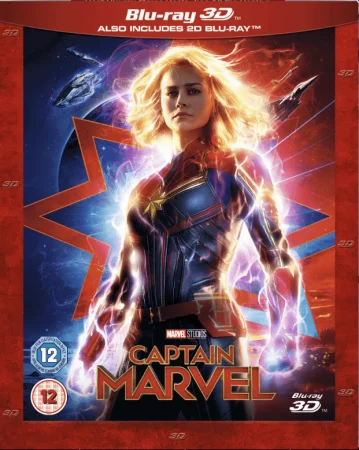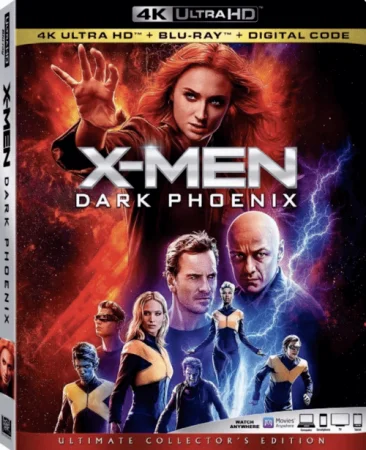Featured Movies
Akira 4K 1988 JAPANESE Ulrea HD 2160p
Сountry: Japan
Genre: Cartoon
Language: Japanese
Cast: Mitsuo Iwata, Nozomu Sasaki, Mami Koyama, Tessho Genda, Hiroshi Otake, Kôichi Kitamura, Michihiro Ikemizu, Yuriko Fuchizaki, Masaaki Okura, Taro Arakawa, Takeshi Kusao, Kazumi Tanaka, Masayuki Kato, Yôsuke Akimoto, Masato Hirano.
Storyline
2019. 31 years after being destroyed during World War 3, Tokyo (now 'Neo-Tokyo') has been rebuilt and is a thriving metropolis. Shotaro Kaneda is the leader of a biker gang. His friend Tetsuo is injured in an accident and taken to a top-secret government facility. He develops telekinetic powers but decides to use them for evil rather than good. He has the same powers as Akira, the force that destroyed Tokyo in 1988, and now it appears that history will repeat itself.
User Reviews
'Akira' is an astonishingly influential film, easily as much so as cinema's touchstones Citizen Kane and Pulp Fiction. Its impact is made more difficult to judge, though, given that it was made more than sixteen years ago, and didn't make an initial impact outside of Japan. Oddly, this made its influence even more profound, benefiting from 'word of mouth' and the influx of cheap VHS at the end of the Eighties. It's also gained enough of a following to warrant being digitally remastered, at a cost of over US$1 million, as a 'Special Edition,' which I am basing these comments on.
Rather than suffering the humiliation of being advertised, Akira filtered, like a software virus, into the bedrooms of what would become Generation X. Hollywood began to sit up and pay attention after teens began abandoning the pap of the day like Last Action Hero, and started seeking out something different, dissident, and Akira finally had its audience. Japanese animation now has a firm presence in our media, and so many paths lead back to the cultural genesis of Akira. Finally, its role in the history of film was cemented with the release of last year's mega-hit, the Wachowski brothers' The Matrix. Without Akira, there is no Matrix, and with no Matrix, you have to wonder how very different Western cinema would be today.
So what is Akira? It's a Japanese animated film, an adaptation of 2,000 pages worth of graphic novel by Katsuhiro Otomo and set in the futuristic world of Neo-Tokyo. Rebuilt from the ashes of World War 3, it's a technological dream of neon, computers and soaring science, mated to the social nightmare of corrupt politicians, a rampant military and an oppressed working class. Add to this the rise of a powerful breed of psychics (or 'psionics') capable of various degrees of telepathy and telekinesis, and somehow linked to a top secret military project known as Akira, and Neo-Tokyo seems ready to explode. You can almost feel the heat, the sweat, and the grime, courtesy of the borderline-masochistic attention to detail in every frame of every scene of animation.
Akira is all about hyper-reality, which later became known as bullet time. Animation, and more importantly imagination, allows impossibly kinetic and 'free' camera movement. The style rams home every car crash, explosion and death defying stunt. It's not the easiest film to watch in one sitting, nor indeed, at all, but you'll come away knowing where the inspiration behind so many late Nineties blockbusters came from. More importantly, you'll appreciate how mediums come to influence other mediums, and barriers such as language and culture can be hurdled with ease.
It's not just an action-fest either. The main arc of the story is that of Tetsuo, who begins developing psychic powers but doesn't understand what is happening to him or the responsibilities that come with such godlike power. This opens the door to some genuinely moving scenes of film-making endeavour and artistic triumph, as Tetsuo wonders if he is losing his mind and eventually lashes out against anyone and everyone. The standout scene in the whole film, for me, should be mentioned about here. Whilst under observation in a hospital bed, Tetsuo hallucinates being attacked by childhood toys. Dreams and reality are folded into each other and so it remains for much of the rest of the film. Horizons peel away and reality itself seems to disintegrate, fragment after animated fragment, as Tetsuo battles his way to downtown Neo-Tokyo and prepares to face Akira, whatever that may mean.
The only other character developed to this level is his best friend Kaneda, who in a number of small, well-judged scenes, comes across as bright, breezy, confident and heroic, and on hand to reason with Tetsuo. No matter what point Tetsuo's powers escalate to, and no matter how much he is wanted by the police and the military, Kaneda just wants his old friend back, and it is this hope of redemption which gives the film its emotional backbone.
Other strengths include the intelligent use of sound. A minimum of scoring is used: mostly Japanese drums and percussion, and some voices during dramatic parts. More interesting is the use of silence, absolute flat silence, during key moments. It fits in very well with the themes of psychic/telepathic powers, and in a more general way, the vivid hyper-reality of the film's delivery. Put it this way - when you dream, you dream in a silence of implied words, and Akira knows this too.
I thought the dialogue was excellent too. The street kids have catchy and sardonic street lingo ("Tetsuo's our friend! If anyone's going to kill him, it should be us!") The military are represented by a titanic general whose lines have gained a certain amount of hilarity during translation ("You hedonistic fools! Can't you see it is utterly pointless to fight each other!") I found myself eagerly awaiting the next punchy exchange between players, which is something that Hollywood has been missing recently. In seven out of ten films I see, the dialogue is truly awful. How difficult can it be to get two people to talk naturally?
'Akira' is not for everyone. In the first twenty minutes we have strong language, an attempted rape and the kinetic carnage of a fight between rival biker gangs. Some will simply not tolerate this in an animated movie which is, despite all efforts, going to be viewed by younger children. Even if you can stomach the unsavoury content, you might be beaten by the sheer oddness of Japanese culture. (They certainly have an unhealthy obsession with seeing Tokyo laid to waste.) But if you can skip over these points and see the overall genius of Akira, you may just appreciate Akira's place on the pantheon of modern culture.
2019. 31 years after being destroyed during World War 3, Tokyo (now 'Neo-Tokyo') has been rebuilt and is a thriving metropolis. Shotaro Kaneda is the leader of a biker gang. His friend Tetsuo is injured in an accident and taken to a top-secret government facility. He develops telekinetic powers but decides to use them for evil rather than good. He has the same powers as Akira, the force that destroyed Tokyo in 1988, and now it appears that history will repeat itself.
User Reviews
'Akira' is an astonishingly influential film, easily as much so as cinema's touchstones Citizen Kane and Pulp Fiction. Its impact is made more difficult to judge, though, given that it was made more than sixteen years ago, and didn't make an initial impact outside of Japan. Oddly, this made its influence even more profound, benefiting from 'word of mouth' and the influx of cheap VHS at the end of the Eighties. It's also gained enough of a following to warrant being digitally remastered, at a cost of over US$1 million, as a 'Special Edition,' which I am basing these comments on.
Rather than suffering the humiliation of being advertised, Akira filtered, like a software virus, into the bedrooms of what would become Generation X. Hollywood began to sit up and pay attention after teens began abandoning the pap of the day like Last Action Hero, and started seeking out something different, dissident, and Akira finally had its audience. Japanese animation now has a firm presence in our media, and so many paths lead back to the cultural genesis of Akira. Finally, its role in the history of film was cemented with the release of last year's mega-hit, the Wachowski brothers' The Matrix. Without Akira, there is no Matrix, and with no Matrix, you have to wonder how very different Western cinema would be today.
So what is Akira? It's a Japanese animated film, an adaptation of 2,000 pages worth of graphic novel by Katsuhiro Otomo and set in the futuristic world of Neo-Tokyo. Rebuilt from the ashes of World War 3, it's a technological dream of neon, computers and soaring science, mated to the social nightmare of corrupt politicians, a rampant military and an oppressed working class. Add to this the rise of a powerful breed of psychics (or 'psionics') capable of various degrees of telepathy and telekinesis, and somehow linked to a top secret military project known as Akira, and Neo-Tokyo seems ready to explode. You can almost feel the heat, the sweat, and the grime, courtesy of the borderline-masochistic attention to detail in every frame of every scene of animation.
Akira is all about hyper-reality, which later became known as bullet time. Animation, and more importantly imagination, allows impossibly kinetic and 'free' camera movement. The style rams home every car crash, explosion and death defying stunt. It's not the easiest film to watch in one sitting, nor indeed, at all, but you'll come away knowing where the inspiration behind so many late Nineties blockbusters came from. More importantly, you'll appreciate how mediums come to influence other mediums, and barriers such as language and culture can be hurdled with ease.
It's not just an action-fest either. The main arc of the story is that of Tetsuo, who begins developing psychic powers but doesn't understand what is happening to him or the responsibilities that come with such godlike power. This opens the door to some genuinely moving scenes of film-making endeavour and artistic triumph, as Tetsuo wonders if he is losing his mind and eventually lashes out against anyone and everyone. The standout scene in the whole film, for me, should be mentioned about here. Whilst under observation in a hospital bed, Tetsuo hallucinates being attacked by childhood toys. Dreams and reality are folded into each other and so it remains for much of the rest of the film. Horizons peel away and reality itself seems to disintegrate, fragment after animated fragment, as Tetsuo battles his way to downtown Neo-Tokyo and prepares to face Akira, whatever that may mean.
The only other character developed to this level is his best friend Kaneda, who in a number of small, well-judged scenes, comes across as bright, breezy, confident and heroic, and on hand to reason with Tetsuo. No matter what point Tetsuo's powers escalate to, and no matter how much he is wanted by the police and the military, Kaneda just wants his old friend back, and it is this hope of redemption which gives the film its emotional backbone.
Other strengths include the intelligent use of sound. A minimum of scoring is used: mostly Japanese drums and percussion, and some voices during dramatic parts. More interesting is the use of silence, absolute flat silence, during key moments. It fits in very well with the themes of psychic/telepathic powers, and in a more general way, the vivid hyper-reality of the film's delivery. Put it this way - when you dream, you dream in a silence of implied words, and Akira knows this too.
I thought the dialogue was excellent too. The street kids have catchy and sardonic street lingo ("Tetsuo's our friend! If anyone's going to kill him, it should be us!") The military are represented by a titanic general whose lines have gained a certain amount of hilarity during translation ("You hedonistic fools! Can't you see it is utterly pointless to fight each other!") I found myself eagerly awaiting the next punchy exchange between players, which is something that Hollywood has been missing recently. In seven out of ten films I see, the dialogue is truly awful. How difficult can it be to get two people to talk naturally?
'Akira' is not for everyone. In the first twenty minutes we have strong language, an attempted rape and the kinetic carnage of a fight between rival biker gangs. Some will simply not tolerate this in an animated movie which is, despite all efforts, going to be viewed by younger children. Even if you can stomach the unsavoury content, you might be beaten by the sheer oddness of Japanese culture. (They certainly have an unhealthy obsession with seeing Tokyo laid to waste.) But if you can skip over these points and see the overall genius of Akira, you may just appreciate Akira's place on the pantheon of modern culture.
File size: 83.58 GB

You have purchased premium on MoonDL or TakeFile. You will automatically be activated an additional 512 GB of traffic every 48 hours or up to 128 GB every 48 hours (Premium Moon).
Watch trailer of the movie Akira 4K 1988 JAPANESE Ulrea HD 2160p
Maybe You like:
Add comments
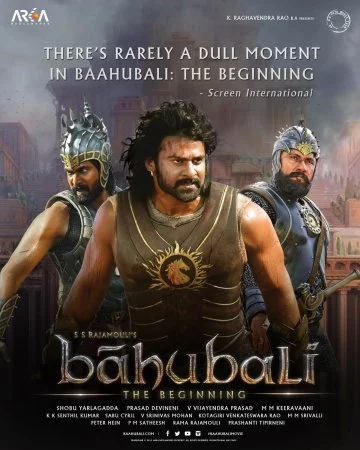
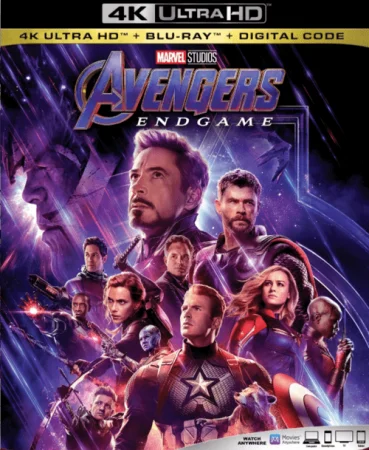
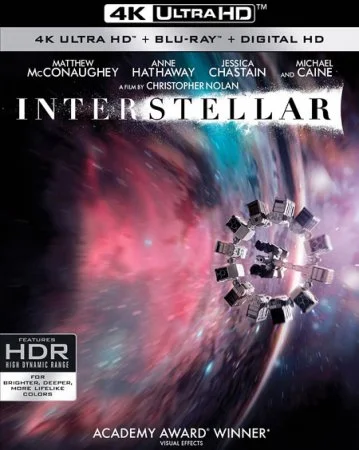
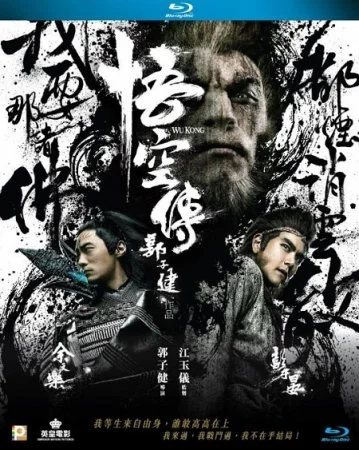
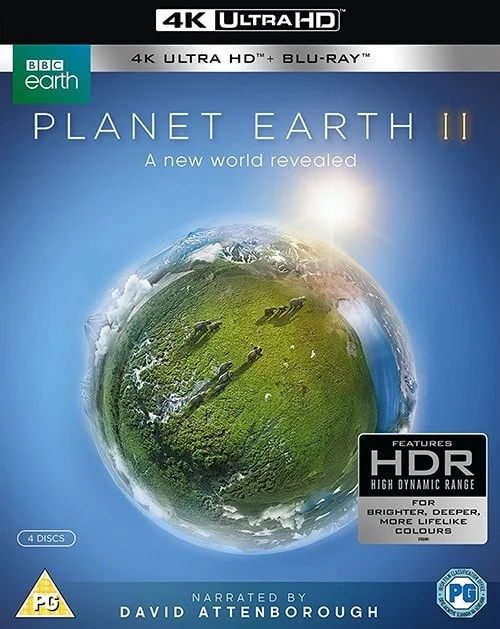
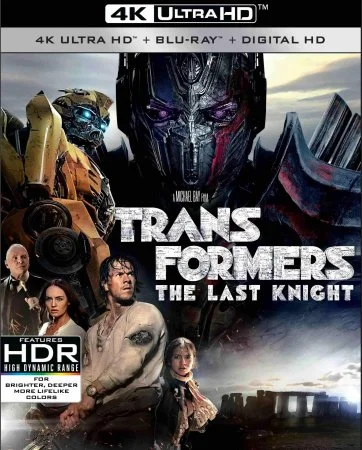
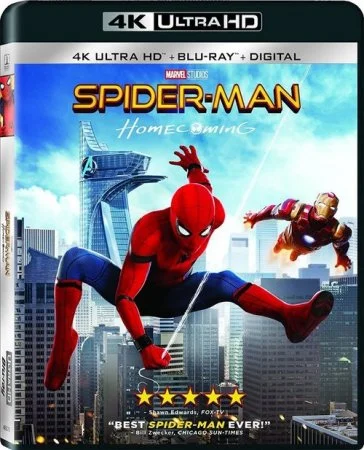
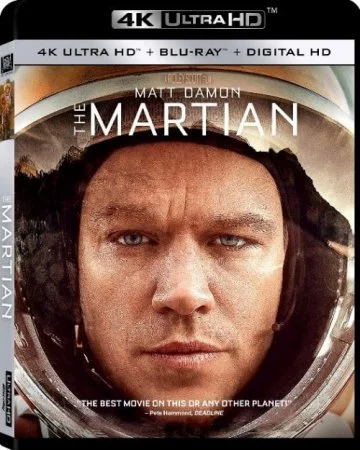
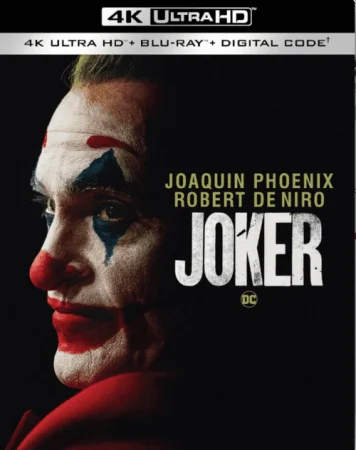
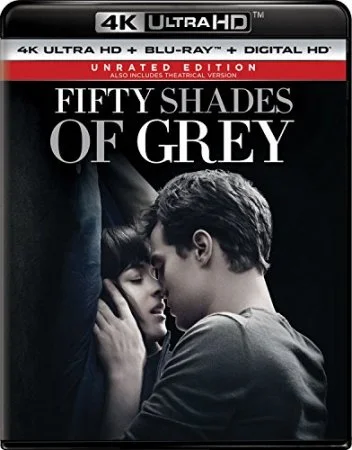


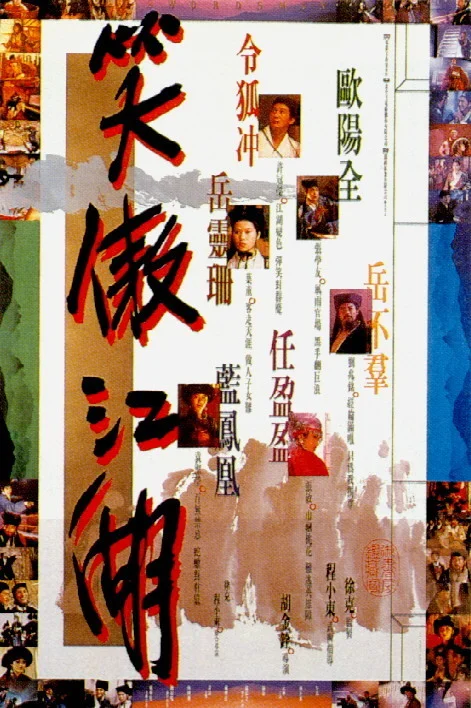

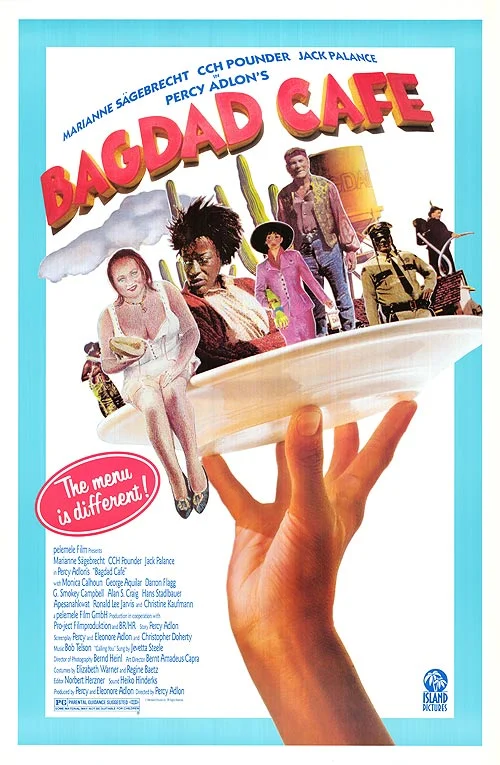


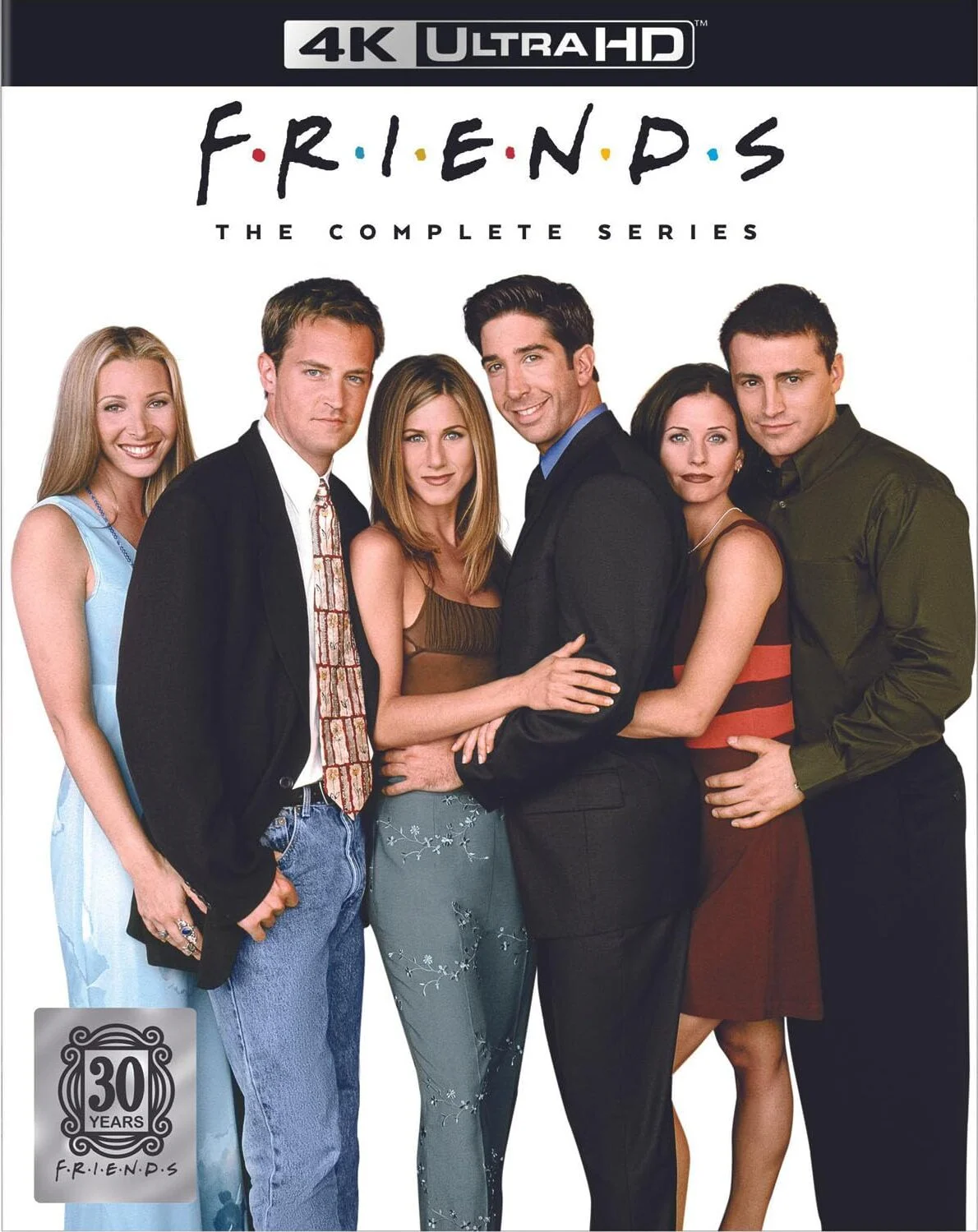




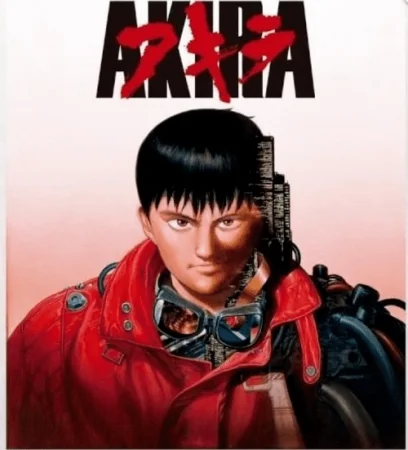
 Like
Like Don't Like
Don't Like